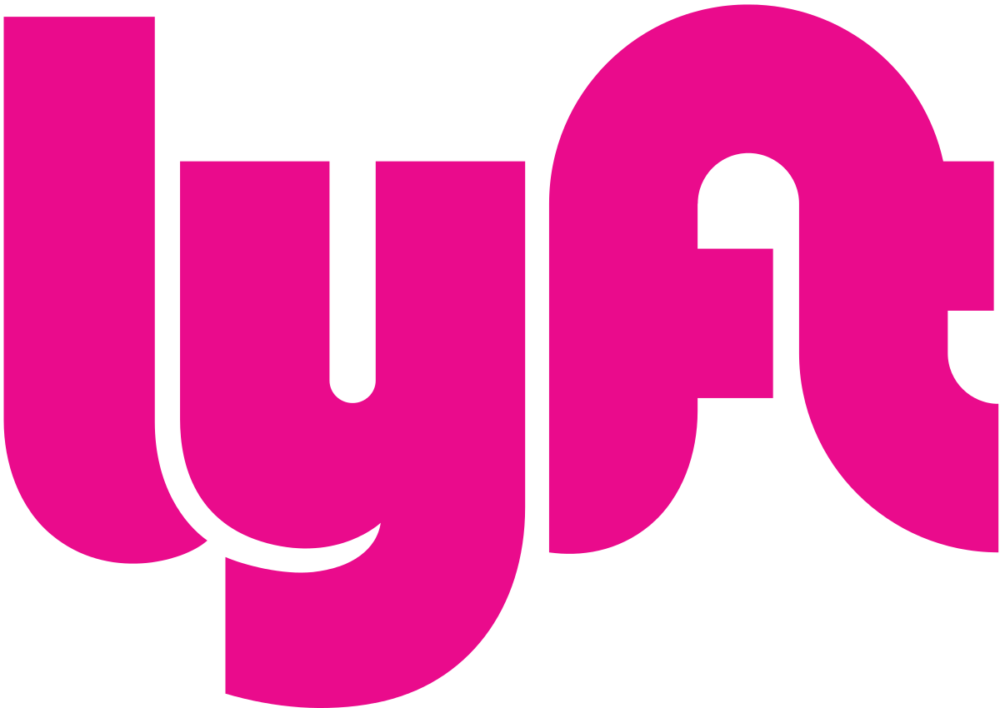Fourteen women from eight states who say they were raped or assaulted by Lyft drivers in 2018 and 2019 sued the ride-booking company in San Francisco Superior Court on Wednesday. The lawsuit by women identified as Jane Roe 1 through 14 includes claims of concealment of the alleged risk of using Lyft’s app; defective design of the app; negligent hiring and supervision of drivers; and liability for the alleged attacks.
It alleges, “Lyft has made a concerted effort in the media, in litigation and in criminal cases to hide and conceal the true extent of sexual assaults that occur in their vehicles.” The lawsuit asks for unspecified financial compensation and punitive damages from San Francisco-based Lyft.
Mary Winfield, the head of Lyft’s Trust & Safety division, said in a statement, “What the victims describe is terrifying and has no place in the Lyft community. As a platform committed to providing safe transportation, we hold ourselves to a higher standard by designing products and policies to keep out bad actors, make riders and drivers feel safe, and react quickly if and when an incident does occur,” Winfield said.
The lawsuit alleges Lyft would be safer if it installed a surveillance system in its app that would record the entire ride and alert Lyft if the driver goes off course; used a fingerprint-based system instead of a name-based system for background checks; and had mandatory reporting of rape and assault allegations to police.
In two of the incidents cited in the lawsuit, drivers were convicted of sexual assaults in the Bay Area and Utah. In some other cases, prosecutions or police investigations are ongoing, the lawsuit says. In still other cases, the women allege Lyft told them it took appropriate action, but the women say they don’t know what that action was and don’t know whether the drivers are still working with Lyft.
In the Bay Area case, it has been publicly reported that driver Eddy Palacios, 33, of South San Francisco, was convicted in February in San Mateo County Superior Court of felony sexual battery after pleading no contest to the charge. He was sentenced in April to one year in jail and required to register as a sex offender for life. According to prosecutors, Palacios was taking a 29-year-old woman, identified in the lawsuit as Jane Roe 11, and her 31-year-old female friend to Palo Alto early on Nov. 25 after a night out in San Francisco. The passengers fell asleep during the ride. At about 3 a.m., Jane Roe 11 awoke to find the driver digitally penetrating her under her skirt. She screamed, awakening her friend, who turned on her phone to record a conversation in which the driver confessed and apologized. The lawsuit says Jane Roe 11 believes the recording made it possible for Palacios to be prosecuted. In addition, Jane Roe 11 “firmly believes that if Lyft had had a video camera or recording device in the vehicle, this would not have happened to her,” the lawsuit says.
In another case in which there was no prosecution, Jane Roe 10, a blind woman in Alabama, alleges that a Lyft driver forced his way into her home after a midday trip to a grocery store in January 2018, took away her cane and raped her. The lawsuit says she reported the alleged rape to Lyft, which told her it did not condone the driver’s behavior and that it “followed up with this driver to take the appropriate and necessary actions.” She was never informed whether the driver is still working with Lyft. The suit says police detectives told Jane Roe 10 they closed a criminal investigation because they had no evidence the incident was not consensual. “If Lyft had made a few basic changes to the app, the police would have had the evidence this incident was not consensual,” the lawsuit claims.
